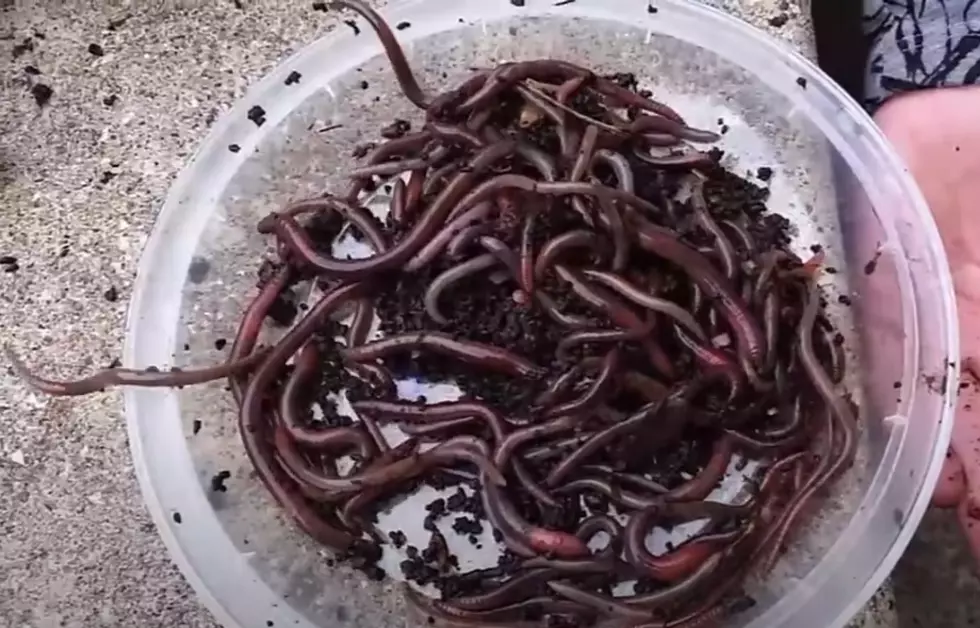
Invasive ‘Jumping’ Worms Found in Hudson Valley, New York State
Adding to a crazy 2020, invasive jumping earthworms that can be destructive have lept into New York.

Invasive jumping worms have been reported throughout the Hudson Valley, Capital Region and Western New York this summer, according to the Adirondack Park Invasive Plant Program and Cornell Cooperative Extension of Dutchess County.
"Unlike long-naturalized earthworms, these overactive decomposers devastate soil ecosystems, soil structure, nutrient cycling, and the physical stability of plant communities around them," Adirondack Park Invasive Plant Program and Cornell Cooperative Extension said while promoting their "Emerging Species - Watch Out for Jumping Worms" webinar that covered jumping worm biology, anatomy, behavior, identification and their impacts.
The jumping worms are also known as crazy snake worm, Alabama jumper or Asian worm. They are smooth glossy gray or brown and 1.5 to 8 inches in length.
"Crazy behavior! They jump and thrash wildly when handled, moving more like a threatened snake. They can also shed their tails in defense," Cornell Cooperative Extension from Columbia and Greene counties writes about the jumping worms.
Jumping worms threaten New York's environment.
"They consume the critical layer of organic matter that supplies vital nutrients for plants and provides food, protection and habitat for wildlife. Jumping worms are especially concerning. These Asian exotics devour organic matter more rapidly than their European counterparts, stripping the forest of the layer critical for seedlings and wildflowers," Cornell Cooperative Extension wrote.
Jumping worms also grow twice as fast as other earthworms, reproduce quicker and can infest soils at higher densities, officials say.
"In areas of heavy infestation, native plants, soil invertebrates, salamanders, birds and other animals may decline. Jumping worms can severely damage roots of plants in nurseries, gardens, forests and turf. They, along with other invasive worms, can also help spread invasive plant species by disturbing the soil," Cornell Cooperative Extension wrote.
The Cornell Cooperative Extension offers the following tips to stop the spread of jumping worms.
- Do NOT buy or use jumping worms for bait, vermicomposting or gardening.
- Only sell, purchase or trade compost that was heated to appropriate temperatures and duration following protocols for reducing pathogens.
- Clean compost, soil and debris from vehicles, personal gear, equipment, and gardening tools before moving to and from sites.
- Check your property for earthworms using a mustard pour (it won’t harm your plants!) Mix a gallon of water with 1/3 cup of ground yellow mustard seed and pour slowly into the soil. This will drive any worms to the surface. If you have jumping worms, report it and avoid moving plants or soil from your yard.
- Be careful when sharing and moving plants. Always check for worms and know where your plantings come from. Buy bare root stock when possible.
- Dispose of all live worms in the trash or place them in a bag and leave out in the sun for at least 10 minutes. Then throw bag away



